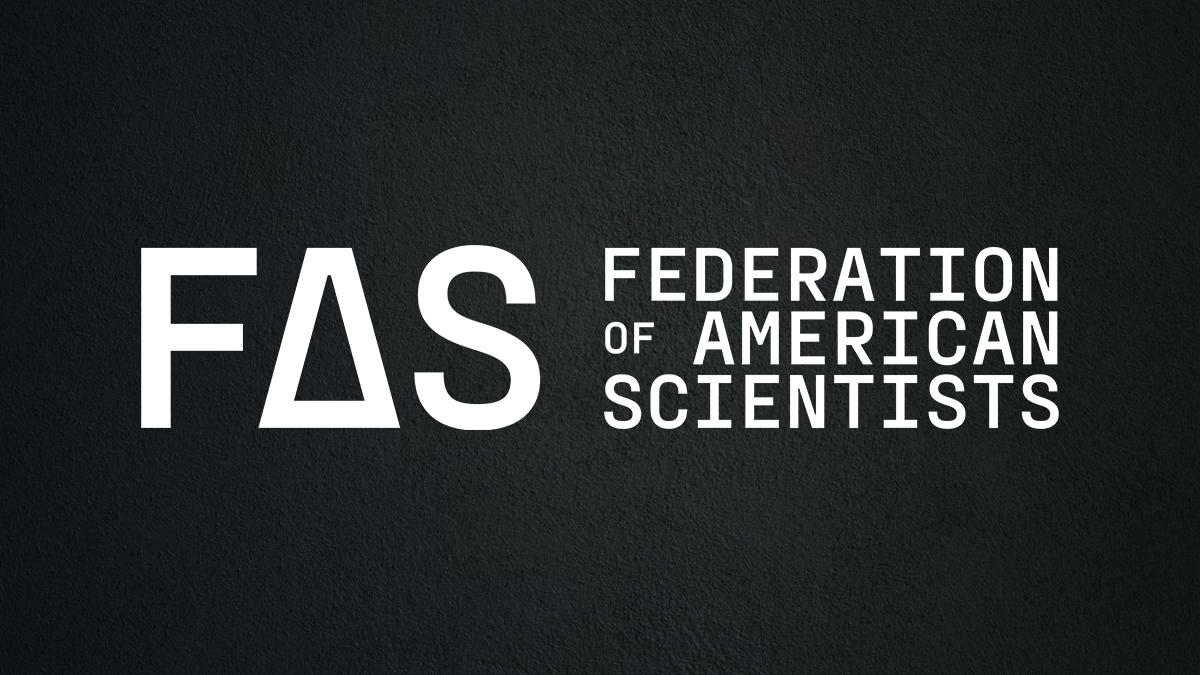
Board Update: John Bailey Joins FAS Board of Directors
The Federation of American Scientists (FAS) is excited to announce that John Bailey has joined the organization’s board of directors.
John’s background includes roles in government, philanthropic institutions, and venture capital, where he has focused on critical issues including innovation policy, artificial intelligence, immigration, behavioral health, climate technology, and the future of work.
He currently serves as a fellow at the Chan Zuckerberg Initiative and a non-resident senior fellow at the American Enterprise Institute. He served as a domestic policy advisor in the Bush White House, and the nation’s second Director of Educational Technology in the U.S. Department of Education. As Deputy Policy Director to the U.S. Secretary of Commerce, he contributed to the development of the first National Pandemic Strategy and the President’s immigration reform package.
“John’s wisdom and wide range of experience across government and the private sector will be invaluable to FAS as we continue the work of making sure the best science leads to sound public policy,” FAS CEO Dan Correa said. “We feel fortunate to have someone as respected and skilled in the world of policy innovation contributing to FAS’ mission.”
“In an era where technology and science are evolving at an unprecedented pace, it is more important than ever to have entities like FAS leading the way in formulating policies that not only support research but also guide emerging domains such as AI for the greater good.” Bailey said. “I’m excited by the work, and more importantly, the people driving FAS forward at this transformative moment. It’s one of the most exciting science policy organizations, and I look forward to being more deeply involved in advancing its larger mission.”
Bailey’s term on the FAS board began earlier this month.
A deeper understanding of methane could help scientists better address these impacts – including potentially through methane removal.
While it is reasonable for governments to keep the most sensitive aspects of nuclear policies secret, the rights of their citizens to have access to general knowledge about these issues is equally valid so they may know about the consequences to themselves and their country.
Advancing the U.S. leadership in emerging biotechnology is a strategic imperative, one that will shape regional development within the U.S., economic competitiveness abroad, and our national security for decades to come.
Inconsistent metrics and opaque reporting make future AI power‑demand estimates extremely uncertain, leaving grid planners in the dark and climate targets on the line